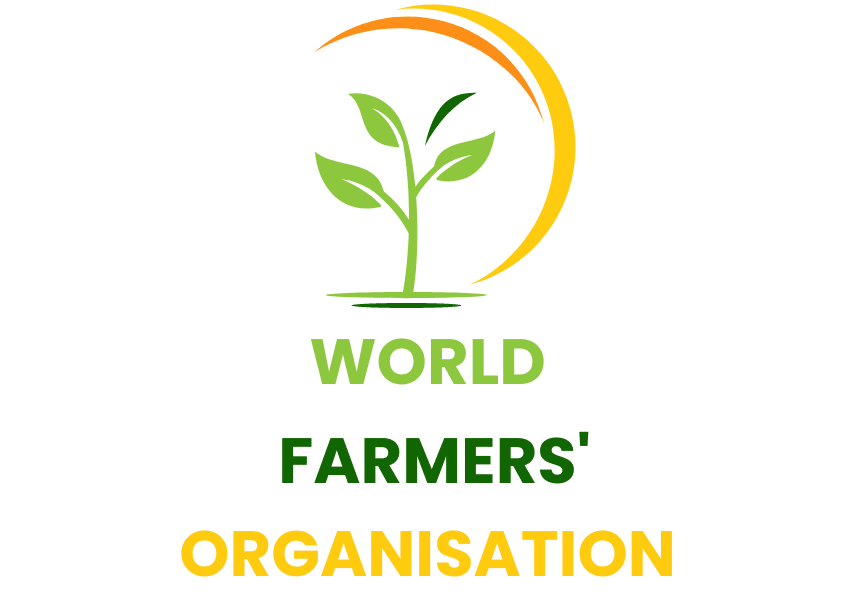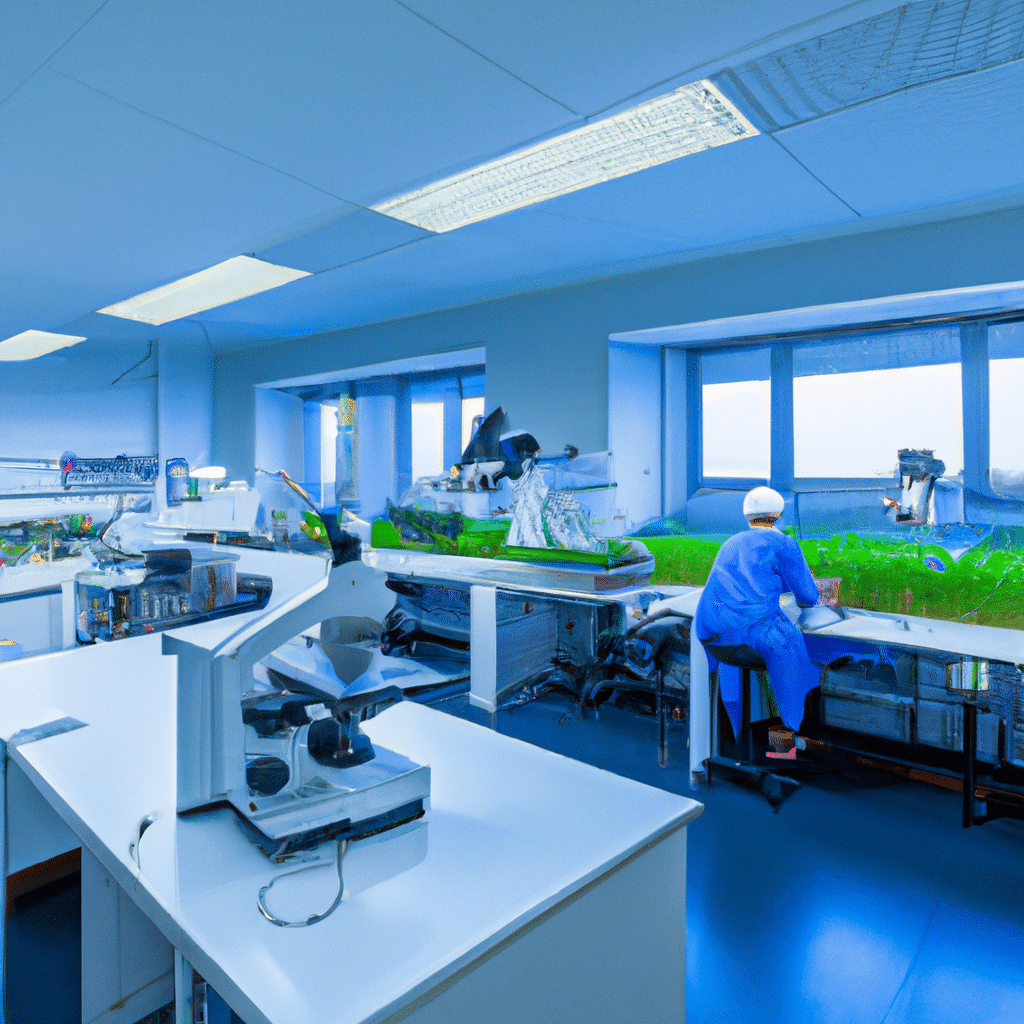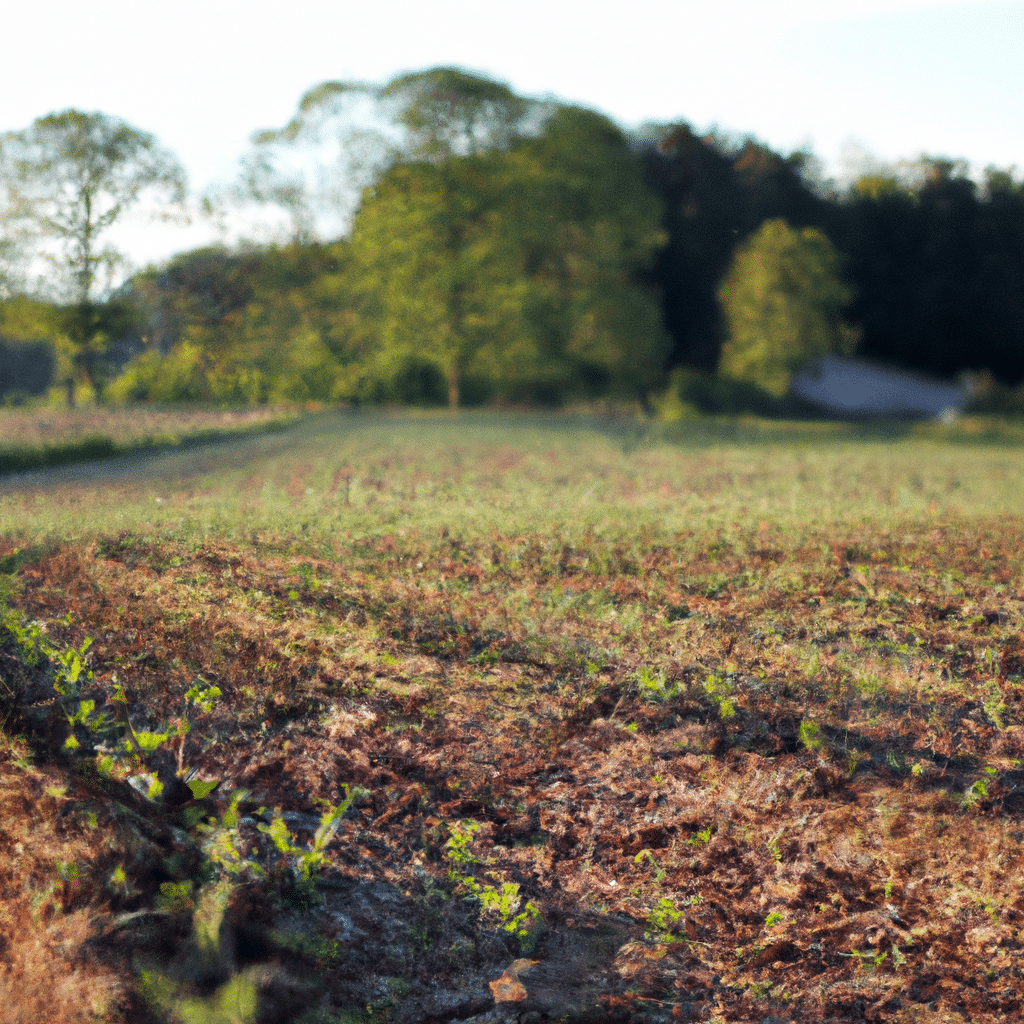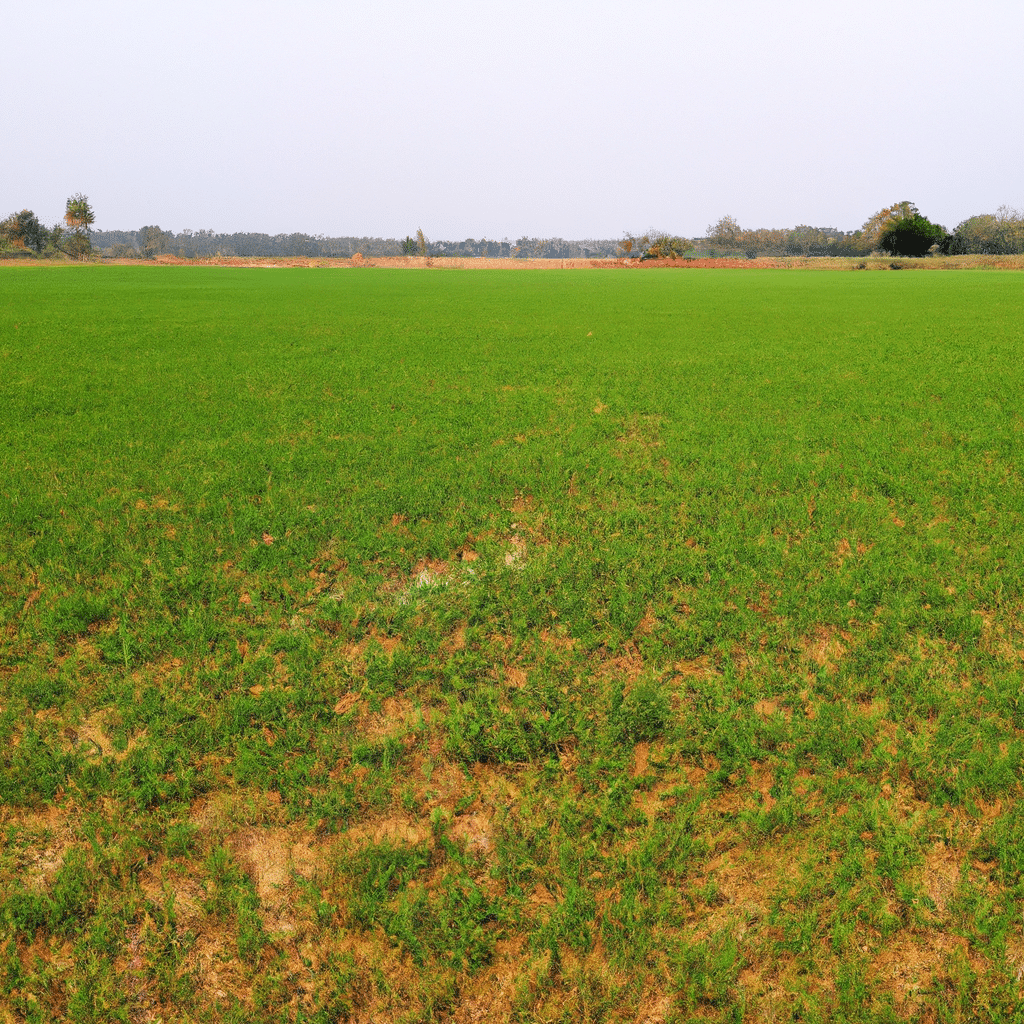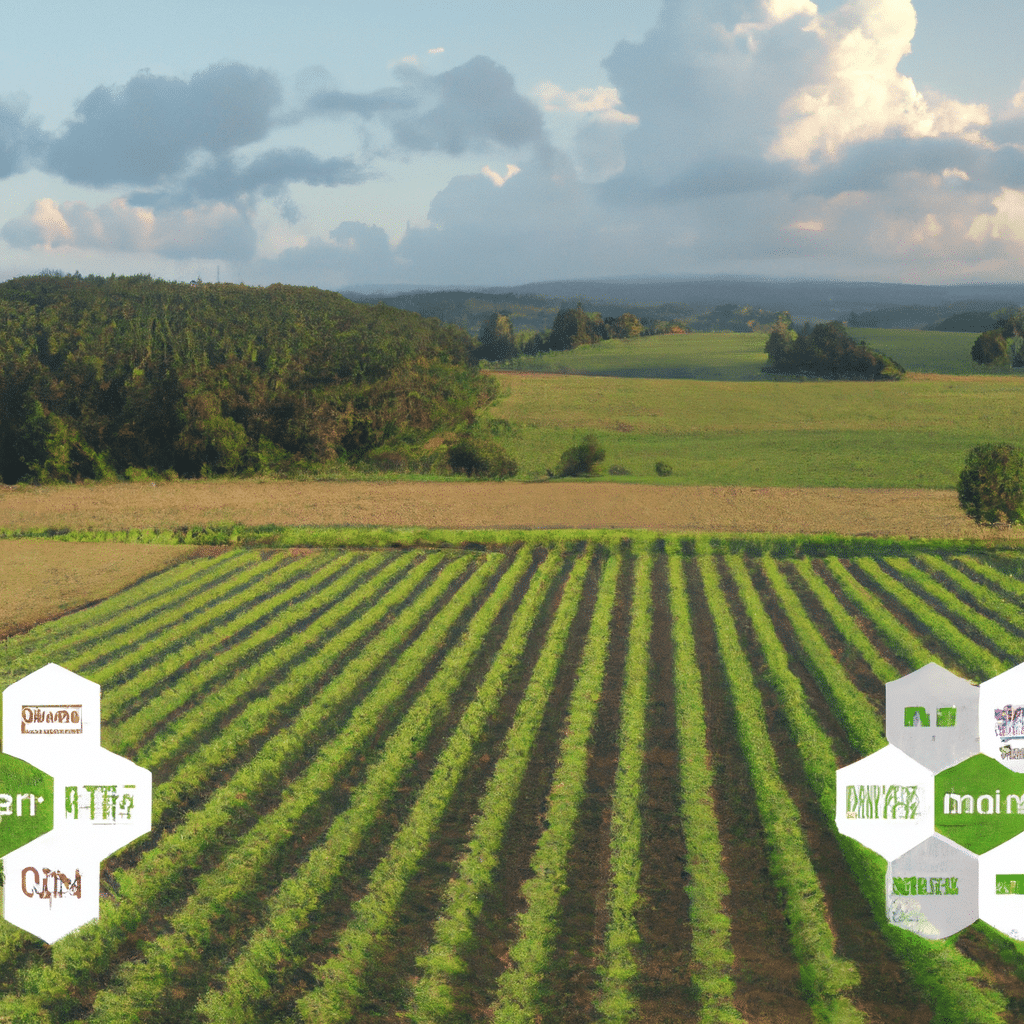In today’s fast-paced world, it’s easy to overlook the people who work tirelessly behind the scenes to ensure our food security and the vitality of our rural communities. These unsung heroes are the farmers, who toil day in and day out, navigating the challenges of unpredictable weather, rising costs, and fluctuating market demands. However, their efforts often go unnoticed, and their struggles are overshadowed by other pressing issues.
In this article, we shed light on the critical role agricultural policies play in supporting these forgotten heroes and the rural communities they belong to. We will explore how well-designed policies can provide the necessary framework for sustainable farming practices, economic growth, and social development. By understanding and appreciating this connection, we can foster a better appreciation for the importance of agricultural policies and their impact on our society.
The Importance of Agricultural Policies
Agricultural policies are a set of rules and regulations put in place by governments to support and regulate the agricultural sector. These policies aim to address various aspects such as food security, rural development, environmental sustainability, and economic stability. By implementing effective agricultural policies, governments can create an enabling environment that encourages farmers to adopt sustainable practices, invest in modern technologies, and improve their overall productivity.
Ensuring Food Security
One of the primary objectives of agricultural policies is to ensure food security for the population. By implementing measures such as price stabilization, subsidies, and support programs, governments can help farmers produce sufficient quantities of food to meet the needs of the growing population. These policies also aim to promote a diverse and resilient agricultural sector, reducing the risk of food shortages and price fluctuations.
Promoting Rural Development
Agricultural policies play a vital role in promoting rural development by addressing the unique challenges faced by rural communities. These policies focus on providing access to essential services such as education, healthcare, and infrastructure, thereby improving the overall quality of life in rural areas. By investing in rural development, governments can create opportunities for employment, reduce poverty, and bridge the urban-rural divide.
Fostering Sustainable Farming Practices
Sustainable farming practices are crucial for the long-term viability of the agricultural sector and the preservation of our natural resources. Agricultural policies can incentivize farmers to adopt sustainable practices by offering support for organic farming, water conservation, and soil management techniques. By promoting sustainable farming, governments can mitigate the environmental impact of agriculture and ensure the availability of vital resources for future generations.
Enhancing Market Access and Fair Trade
Agricultural policies also play a significant role in facilitating market access and promoting fair trade. By negotiating trade agreements, eliminating trade barriers, and providing technical assistance, governments can help farmers access global markets and compete on a level playing field. These policies promote fair prices for agricultural products, ensuring that farmers receive a fair share of the value chain and are not exploited by middlemen or multinational corporations.
Case Studies: Successful Agricultural Policies
To illustrate the impact of well-designed agricultural policies, let’s take a closer look at two successful case studies from different parts of the world.
Case Study 1: Brazil’s Agricultural Revolution
Brazil’s agricultural sector has witnessed a remarkable transformation over the past few decades, thanks to the implementation of progressive agricultural policies. By investing in research and development, infrastructure, and credit facilities, the Brazilian government has enabled farmers to adopt modern technologies and increase their productivity. As a result, Brazil has become one of the world’s largest exporters of agricultural commodities, contributing significantly to its economic growth and rural development.
Case Study 2: The Green Revolution in India
India’s Green Revolution is a prime example of how agricultural policies can drive agricultural productivity and rural development. By introducing high-yielding crop varieties, promoting the use of fertilizers and pesticides, and providing farmers with credit and technical support, the Indian government successfully transformed the country from a food-deficient nation to a self-sufficient agricultural powerhouse. This revolution not only ensured food security but also lifted millions of farmers out of poverty and stimulated economic growth in rural areas.
Conclusion
In conclusion, agricultural policies are the backbone of sustainable farming practices, rural development, and food security. By recognizing the vital role of farmers and implementing effective policies, governments can support rural communities, promote economic growth, and ensure the availability of safe and nutritious food for all. It is crucial for policymakers, stakeholders, and society at large to appreciate and advocate for the implementation of robust agricultural policies that prioritize the well-being of those who feed us. Let us not forget the forgotten heroes who work tirelessly to nourish our world.
